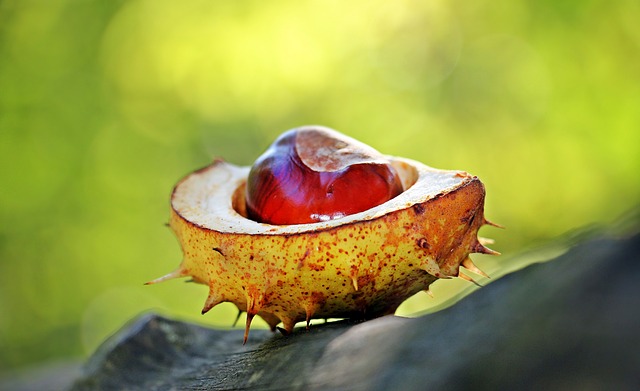The Top Probiotic Strains for Gut Healing and Repair
The gut plays a crucial role in our overall health and well-being. It is responsible for digestion, nutrient absorption, and immune system function. When the balance of bacteria in the gut is disrupted, it can lead to various health issues such as digestive disorders, weakened immunity, and even mental health problems. This is where probiotics come into the picture.
What are Probiotics?
Probiotics are live bacteria and yeasts that are beneficial for our bodies, especially our digestive systems. They are often referred to as “good” or “friendly” bacteria because they help maintain a healthy balance of microorganisms in our gut.
When we think of bacteria, we usually associate them with illness and disease. However, our bodies are home to trillions of bacteria, both good and bad. Probiotics are the good bacteria that help keep the bad bacteria in check, promoting a healthy gut environment.
Gut Healing and Repair
When our gut is out of balance, it can lead to an array of health issues. Fortunately, probiotics have been recognized for their potential to heal and repair the gut. Here are some of the top probiotic strains that can aid in gut healing and repair:
1. Lactobacillus acidophilus
Lactobacillus acidophilus is a well-known probiotic strain that is naturally found in our intestines. It helps maintain the balance of bacteria in the gut and supports digestion. This strain has been shown to alleviate symptoms of both diarrhea and constipation, making it beneficial for individuals with irritable bowel syndrome (IBS).
2. Bifidobacterium lactis
Bifidobacterium lactis is another powerful probiotic strain that is commonly found in fermented dairy products. It has been shown to improve digestive health by reducing inflammation in the gut and preventing the growth of harmful bacteria. This strain is particularly effective in alleviating symptoms of inflammatory bowel diseases such as Crohn’s disease and ulcerative colitis.
3. Lactobacillus plantarum
Lactobacillus plantarum is a versatile probiotic strain that can survive in both the stomach and the intestines. It has been shown to boost overall gut health by enhancing the integrity of the intestinal lining. This strain also exhibits potent anti-inflammatory properties, making it beneficial for individuals with leaky gut syndrome.
4. Saccharomyces boulardii
Saccharomyces boulardii is a unique probiotic strain that is actually a yeast. It has been extensively studied for its ability to combat digestive issues caused by antibiotics, such as antibiotic-associated diarrhea. Additionally, this strain has been found to reduce intestinal inflammation and improve gut barrier function.
5. Streptococcus thermophilus
Streptococcus thermophilus is a probiotic strain often used in the production of yogurt and other fermented dairy products. It aids in the breakdown of lactose, making it beneficial for individuals with lactose intolerance. This strain also supports the growth of other beneficial bacteria in the gut, promoting overall gut health.
Choosing the Right Probiotic Supplement
When it comes to selecting a probiotic supplement, it’s important to choose one that contains the right strains for your specific needs. Look for a supplement that includes the strains mentioned above, as they have been extensively studied for their gut healing and repair properties.
Additionally, check that the supplement provides an adequate number of live organisms. The potency of probiotic supplements is measured in colony-forming units (CFUs). It is generally recommended to choose a supplement with at least 10 billion CFUs to ensure effectiveness.
Lastly, consider the delivery system of the supplement. Some probiotics are more effectively delivered in enteric-coated capsules, which protect the organisms from stomach acid and ensure they reach the intestines alive.
Incorporating Probiotic-Rich Foods into Your Diet
In addition to taking a probiotic supplement, you can also incorporate probiotic-rich foods into your diet to support gut healing and repair. Some examples of probiotic-rich foods include:
- Yogurt
- Kefir
- Sauerkraut
- Kombucha
- Miso
- Kimchi
Remember to choose unpasteurized or homemade versions of







